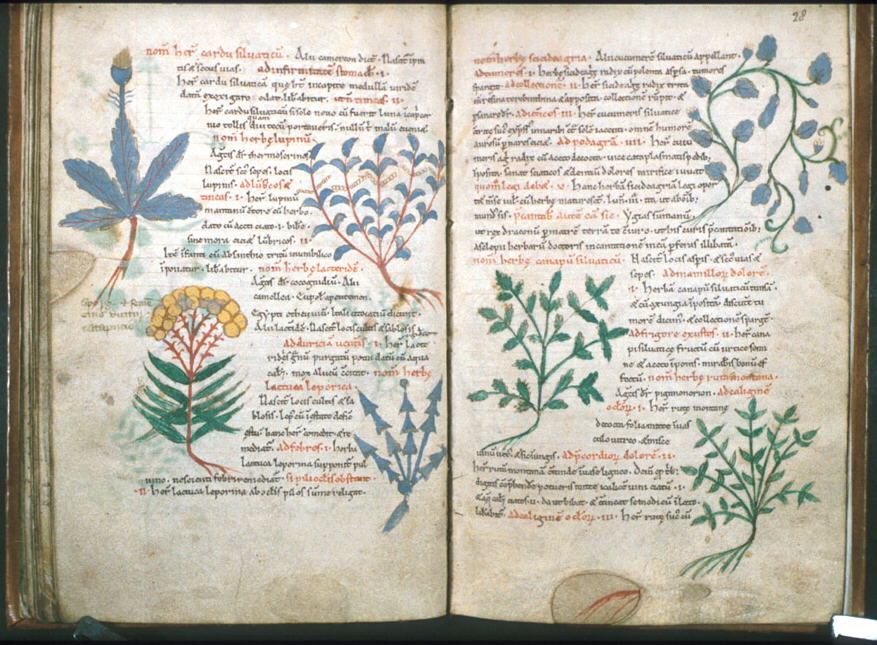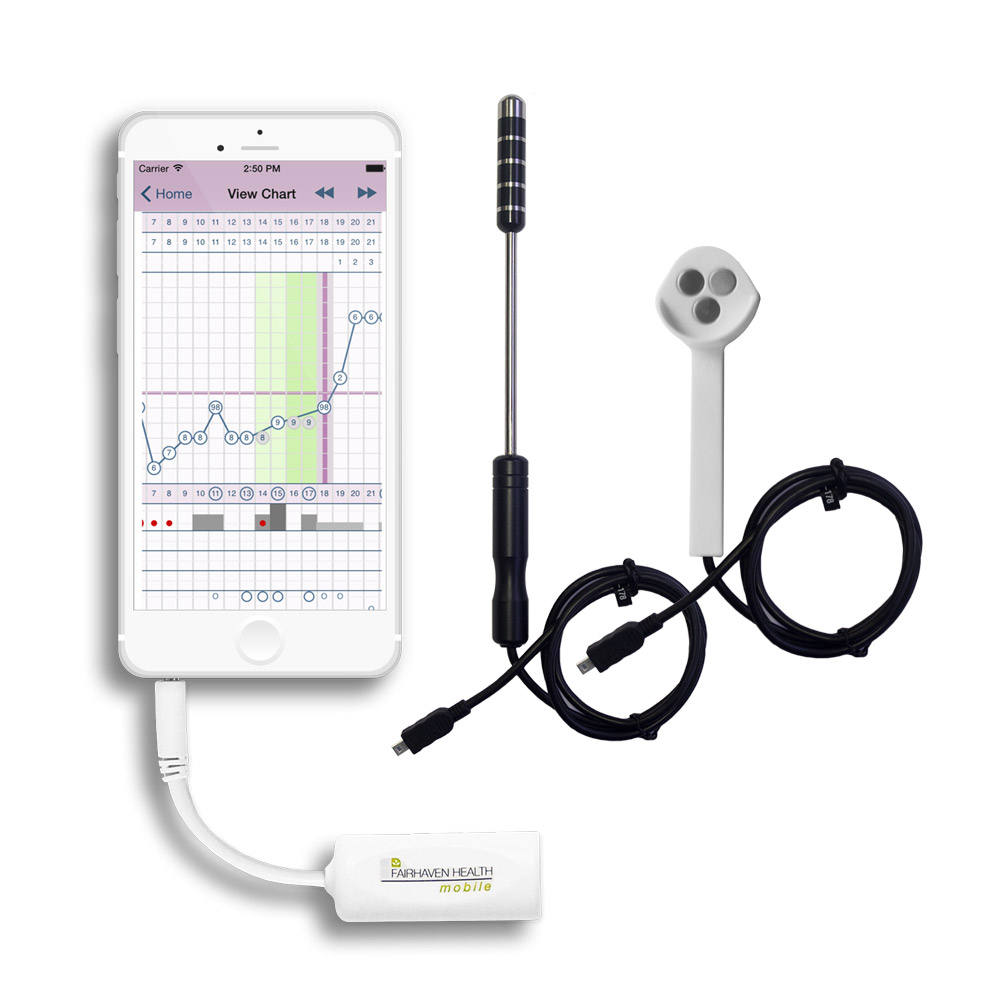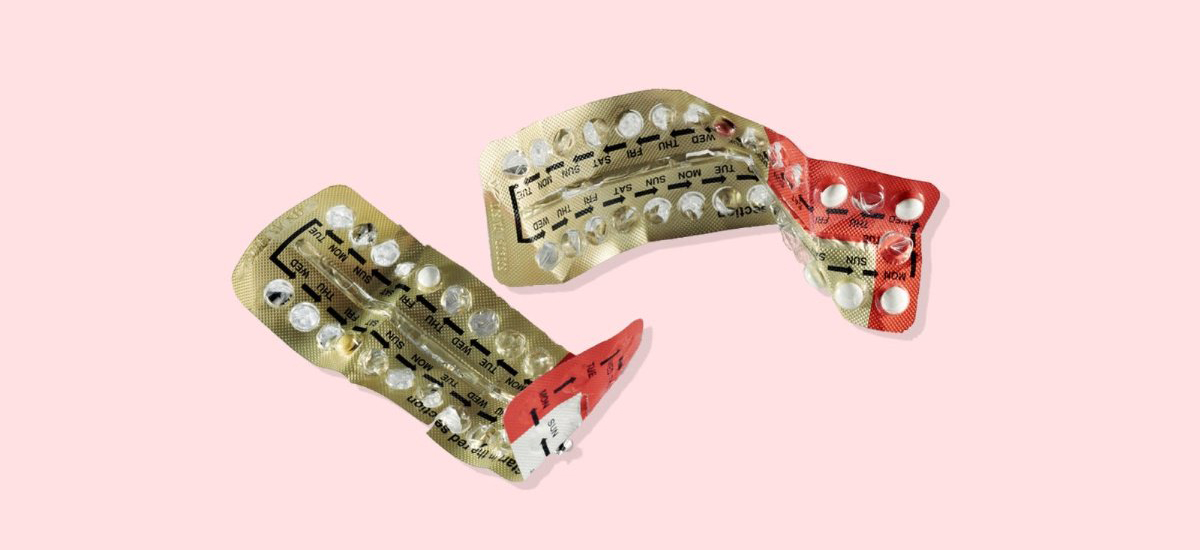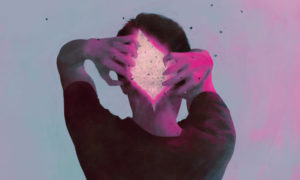In the year 1964, the pill became available to Dutch women. It was the beginning of the sexual revolution. The pill was a major breakthrough for women’s emancipation, it meant control over our own bodies and sexuality. It gave women something very valuable: the freedom to choose whether or not you, as a woman, would want a child at all and if so, under what circumstances. This way, women obtained the opportunity to focus on their studies, career and personal development.
Nowadays, the pill, and other hormonal contraceptives, are commonly prescribed even at a young age. As a means to prevent pregnancy but also to create a hormonal balance, to have control over the menstrual cycle, against acne, or simply because it is common to do so. Women are, on average, fertile from the age of 15 to 49. In the Netherlands, six out of ten women use hormonal contraception (link in Dutch).
The pill is outdated
More than half a century later, a shadow of doubt is cast over the initial triumph of the pill. The pill is outdated. It has many side effects. One of them is a decrease of libido (link in Dutch). Quite ironic: don’t feel like having sex while finally being able to have sex freely! Other side effects, as listed on the package insert of the pill, include nausea, fluid retention, depression, weight gain, and a number of medical terms like mastalgia (sore breasts), dyspareunia (pain during intercourse) and fluor complaints. The latter is not related to dental problems, but to excessive discharge, itching and a foul odor from the vagina which occurs when a healthy balance is disturbed. Besides: what I described in the brackets is not explained in the package insert where it lists just the medical term. Therefore, girls and women are insufficiently informed.
Furthermore, consequences that are not immediately visible are still under investigation. A recent study by The Breast Cancer Prevention Program showed that a woman using the pill before turning 25 and before having been pregnant is ten times more likely to have breast cancer.
Do you visit your doctor for an alternative? Without synthetic hormones? You are quite likely to encounter the copper intrauterine device. An IUD is not a good option for every woman. Specifically, when you have not yet given birth, the cervix, where the device is to be placed, has to be stretched. Moreover, the copper in the body intensifies the menstrual bleeding. It is therefore not an appealing option for women considering the fact that women are expected to continue working during heavy periods and menstrual pains.
What should we do? The mysterious contraceptive pill for men appears to be delayed. Not because it is not ready to be launched, but because scientists assume that men will not take the pill because of its side effects, like a loss of libido.
Natural contraceptives?
More and more women are therefore reaching back to the natural world, to practices that have been done for thousands of years. In the book Eve’s Herbs, a History of Contraception and Abortion in the West, John Riddle describes how women used herbs as contraception and even as a means to induce abortion. Throughout Europe, fertility was controlled using herbs and plants. He also describes how this ceased to be general knowledge due to opposition from political and religious regimes, the witch hunts, and the rise of the medical and pharmaceutical industries.

However, this eradication was not successful, because a web search anno 2016 of “natural contraceptives” will display a wealth of information, experiences, blogs, tips, and tricks. For instance, “20 Herbs That Act As Natural Birth Control.” This includes the herb Queen Anne’s Lace or Daucus Carota, also known as Wilde Peen (trans. Wild Carrot) in Dutch. This herb has been used as a contraceptive for centuries; the earliest mention is found in the work of Hippocrates in the 4th century BC. It grows almost everywhere in Europe and it is a common weed in the Netherlands.
“It prevents pregnancy at the implantation stage. The seeds present in the flower of this plant act as the birth control. They disrupt progesterone synthesis, which is an important hormone in the female body needed for implantation. Recent studies show that this natural method is very effective. The egg gets fertilized but is unable to implant itself on the uterus wall.” (Riddle)
In other words, the seeds of this plant influence the endocrine system which makes implantation of the egg in the uterus impossible and thus prevents pregnancy.
Another widespread and popular contraceptive is “Neem,” an Indian thicket which, among other things, is used as a spermicide.
“Neem oil in vitro proved to be a strong spermicidal agent. Rhesus monkey and human spermatozoa became totally immotile within 30 seconds of contact with the undiluted oil. In vivo studies in rats (20), rabbits (8), rhesus monkeys (14), and human volunteers (10) proved that neem oil applied intravaginally before sexual intercourse prevented pregnancy in all the species.”

Neem appears to be a cheap and environmentally sustainable option. Unlike Queen Anne’s Lace, there are no side effects to be found. In addition, it also has antibacterial effects, it can alleviate candida and it may offer protection against certain STDs.
It seems too good to be true. Why don’t we use these option more often? Because we are simply not informed. There are however women who take matters into their own hands and report accordingly. In many of these blogs, and semi-scientific websites and books, the use of herbs and plants is highly romanticised. A desire for “the ancient wisdom of the woman in connection with nature.” However, the idea that all of nature is “good, healthy or gentle is false. Nature is wild and there are many poisonous plants, herbs and run-of-the-mill herbs that are unhealthy if consumed to excess and can be even poisonous. These herbs also affect your hormones and your body so they should be used with precision. For example, Pennyroyal: a type of mentha that is often recommended after unprotected sex. Nevertheless, not mentioned anywhere, taking more than three cups of this herb within six days is dangerous for your kidneys and liver. Likewise, the Dauces Carota can be easily confused with the almost identical Cowbane. The latter is, however, highly toxic and can even be fatal. This does not mean that we can never use these herbs, but we must inform ourselves very thoroughly and should consult a specialist before just taking something.
This is not just an individual task, but also a collective one. There should be more information been made available by authorities and organisations. A doctor at the GGD (trans. the Dutch Public Health Service), with whom I spoke about Neem oil, knew exactly what I was talking about. The reason that he didn’t recommend it to me was because there is almost nothing published about dosage and long-term effects in medical records and research papers. It is a fact that Neem oil is commonly used as a contraceptive, but what’s lacking is research. And research is still not being done. As a result, many women, myself included, who are fed up with the side effects of hormonal contraception, are using themselves as guinea pig.
Measuring the ovulation
The least harmful method of contraception seems to be the measuring of the ovulation. An average cycle takes 28 days. The ovulation happens halfway, approximately 14 days before your period. You are most fertile when the egg is released; you ovulate for 24 hours. You can only get pregnant during your ovulation. But every woman and each cycle is different – ovulation can happen just before or right after the menstruation and some women even ovulate twice in 28 days. A strict monitoring of the cycle by temperature measurement or a urine test is necessary. It is also important to take into account that sperm can survive up to six days in your vagina.
There are many devices that can help you with the calculations; you can even attach an ovulation measuring device to your iPhone to take your temperature. This way, the device calculates when you are ovulating and hence most fertile. The best chance of pregnancy is three days before ovulation and on the day itself. Theoretically, apart from these days, you should be unable to get pregnant. Personally, I think is a bit risky, because exceptions to the rule always exist. But I can imagine that planning, in combination with a contraceptive in the form of a spermicide in the form of an oil of a herb that is not harmful to your health, can be a good anti-conception method.

Owning one’s body
I’m definitely not an expert, but I’m tired of this lonely quest for an alternative. I know that I’m not the only one and it seems like there are plenty of alternatives. What is lacking is the knowledge, medical research and reliable information. Why are the decisions regarding the means of contraception taken top-down, by the pharmaceutical industry? While there are many more methods and resources that are less harmful? It appears that we are presented with a wide variety of choices when it comes to contraception, but what choice do we really have? The choices are not merely limited to technology, there is also an abundance of herbs and plants. Could it be that they are not profitable and that the pharmaceutical industry is therefore making a choice for us?
Reproductive rights refer to the right of control and empowerment over your own body, sexuality and life choices. Read them here (link in Dutch). These include: “Everyone should be free to experience and control their own sexual and reproductive lives.” “Everyone has the right to make autonomous choices regarding reproduction.” “Everyone is entitled to new reproductive technologies that are safe and acceptable.”
I suggest we claim those rights. The first step is to start talking and asking questions instead of reconciling ourselves with the side effects of the current contraceptions. We should also actively question the fact that knowledge over our own bodies, and what we put into them, is denied to us. I call on you make your voices heard, in the comment section below, but also to friends, sisters, research foundations, gynecologists, doctors, sexologists and those surrounding you. We need a second sexual revolution which benefits our entire body and mind. We have the right to have knowledge, happiness, health, and to be heard. Who’s with me?
This article first appeared in Dutch, translation by Jamili Wetzels.















